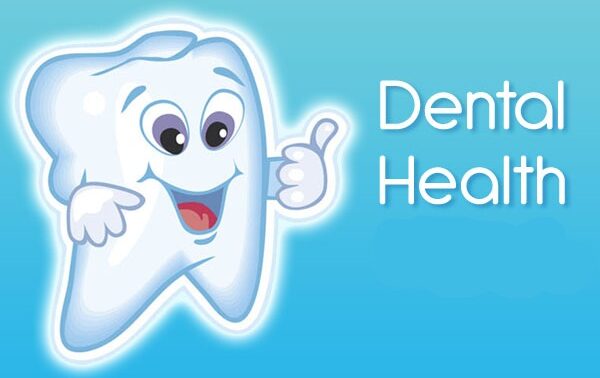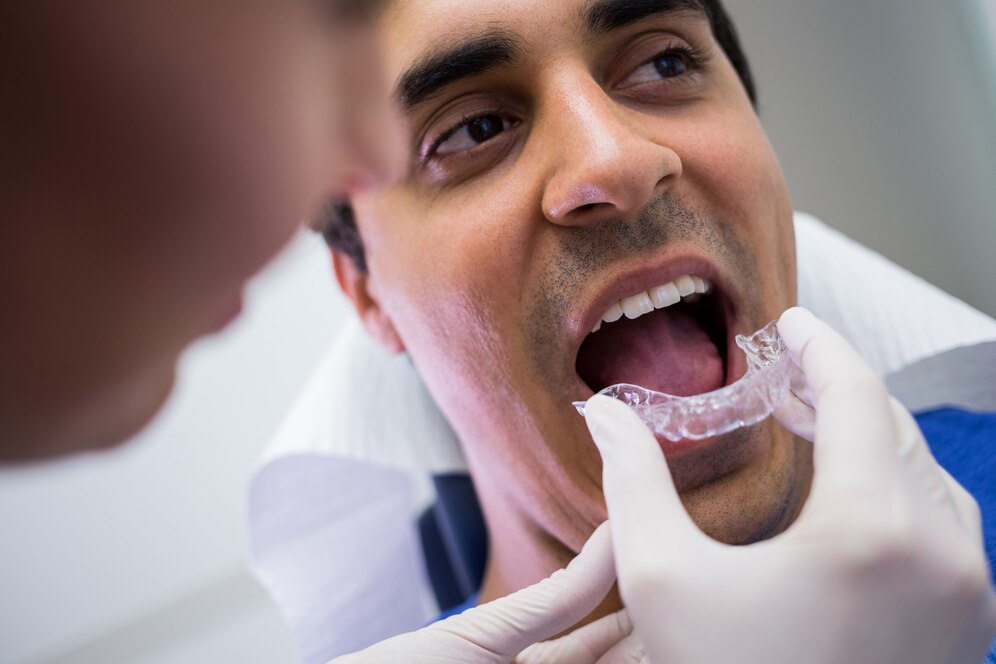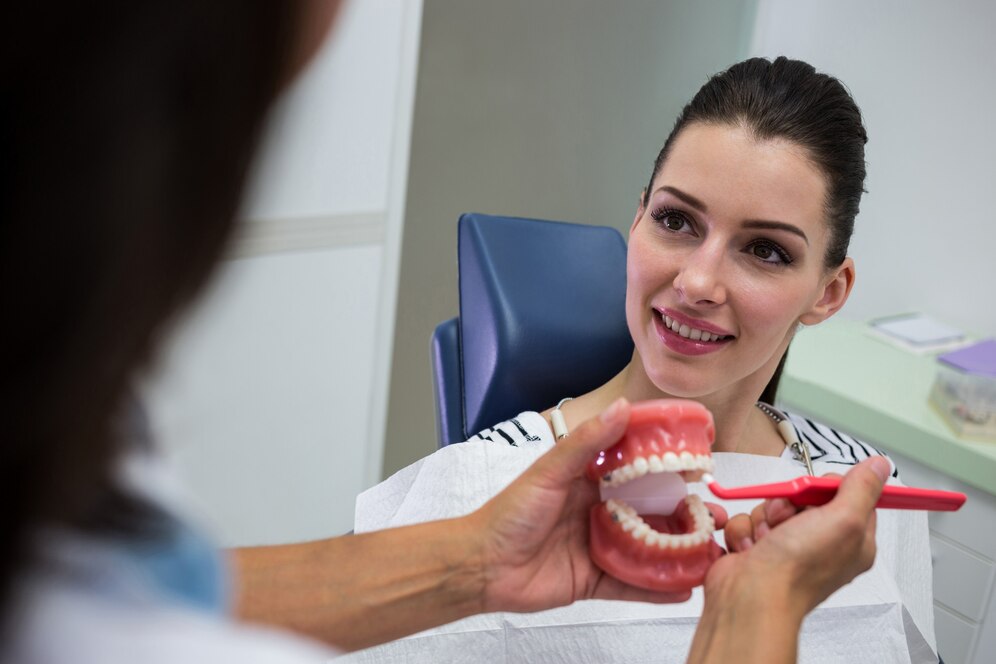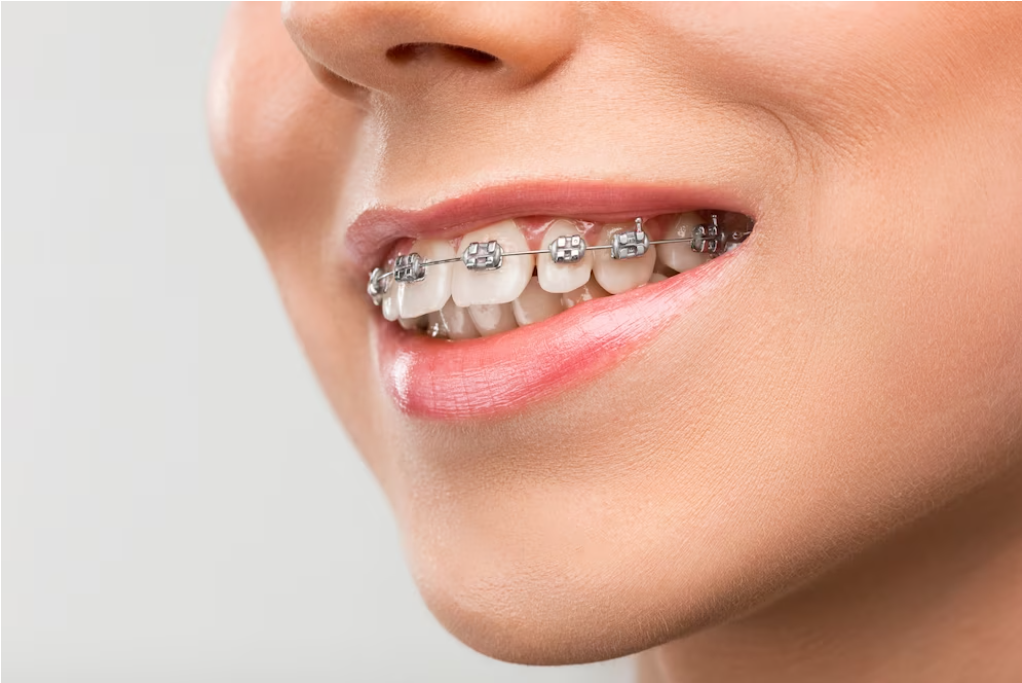Achieving healthy teeth takes a lifetime of care. Even if you’ve been told that you have nice teeth, it’s crucial to take the right steps every day to take care of them and prevent problems. This involves getting the right oral care products, as well as being mindful of your daily habits.
1. Don’t go to bed without brushing your teeth
It’s no secret that the general recommendation is to brush at least twice a day. Still, many of us continue to neglect brushing our teeth at night. But brushing before bed gets rid of the germs and plaque that accumulate throughout the day.
2. Don’t neglect your tongue
Plaque can also build up on your tongue. Not only can this lead to bad mouth odour, but it can lead to other oral health problems. Gently brush your tongue every time you brush your teeth.
3. Use a fluoride toothpaste
When it comes to toothpaste, there are more important elements to look for than whitening power and flavors. No matter which version you choose, make sure it contains fluoride.
While fluoride has come under scrutiny by those worried about how it impacts other areas of health, this substance remains a mainstay in oral health. This is because fluoride is a leading defense against tooth decay. It works by fighting germs that can lead to decay, as well as providing a protective barrier for your teeth.
4. Treat flossing as important as brushing
Many who brush regularly neglect to floss. “Flossing is not just for getting those little pieces of Chinese food or broccoli that may be getting stuck in between your teeth,” says Jonathan Schwartz, DDS. “It’s really a way to stimulate the gums, reduce plaque, and help lower inflammation in the area.”
Flossing once a day is usually enough to reap these benefits.
5. Consider mouthwash
Advertisements make mouthwash seem necessary for good oral health, but many people skip them because they don’t know how they work. Schwartz says mouthwash helps in three ways: It reduces the amount of acid in the mouth, cleans hard-to-brush areas in and around the gums, and re-mineralizes the teeth. “Mouthwashes are useful as an adjunct tool to help bring things into balance,” he explains. “I think in children and older people, where the ability to brush and floss may not be ideal, a mouthwash is particularly helpful.”
Ask your dentist for specific mouthwash recommendations. Certain brands are best for children, and those with sensitive teeth. Prescription mouthwash is also available.
6. Limit sugary and acidic foods
Ultimately, sugar converts into acid in the mouth, which can then erode the enamel of your teeth. These acids are what lead to cavities. Acidic fruits, teas, and coffee can also wear down tooth enamel. While you don’t necessarily have to avoid such foods altogether, it doesn’t hurt to be mindful.
7. See your dentist at least twice a year
Your own everyday habits are crucial to your overall oral health. Still, even the most dutiful brushers and flossers need to see a dentist regularly. At minimum, you should see your dentist for cleanings and check-ups twice a year. Not only can a dentist remove calculus and look for cavities, but they will also be able to spot potential issues and offer treatment solutions.
Dental Works, one of the best dental clinics in Delhi, is the place to go if you are looking for a good dentist in Delhi. They are a full service dental practice located in Delhi, providing state of the arts treatment for all age groups and conditions.










Comment:
Mertie Hillman
22 July, 2020 09:16 AMLorem Ipsum is simply dummy text of the printing and typesetting industry. Lorem standard dummy text ever since the 1500s, when an unknown printer took a galley of typ make a type specimen book. It has survived
Albertine Fortin
22 July, 2020 09:16 AMLorem Ipsum is simply dummy text of the printing and typesetting industry. Lorem standard dummy text ever since the 1500s, when an unknown printer took a galley of typ make a type specimen book. It has survived